Broccoli is a versatile vegetable known for its numerous health benefits. If you’re on a ketogenic diet, you might wonder if broccoli is keto-friendly. This post explores broccoli’s place in the keto diet, its nutritional value, and how to incorporate it into your keto meals.
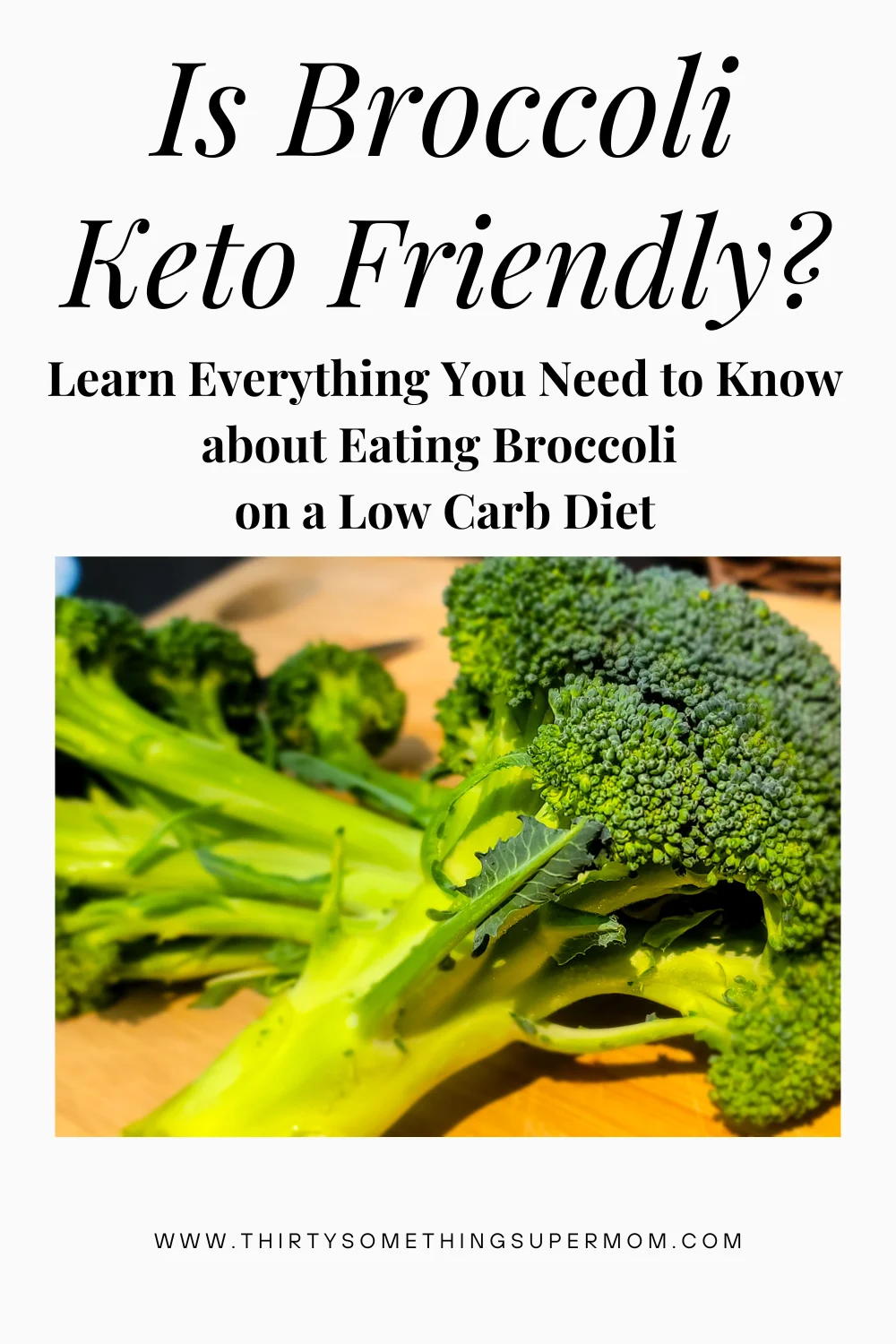
Is Broccoli Keto-Friendly?
Absolutely, broccoli is a keto-friendly vegetable. With its low carbohydrate content and high fiber levels, broccoli is an excellent choice for those adhering to a ketogenic diet. One cup of cooked broccoli contains roughly 3 grams of net carbs, making it easy to incorporate into your daily carb limit. This nutrient-dense vegetable not only supports ketosis but also provides essential vitamins and minerals like vitamin C, vitamin K, and potassium, making it a versatile and healthy addition to your keto meal plan.
Understanding the Keto Diet
The ketogenic diet is a low-carb, high-fat diet that puts your body into ketosis, a metabolic state where fat is used for energy instead of carbohydrates. For a food to be keto-friendly, it should be low in net carbs.
Nutritional Profile of Broccoli
Nutritional Benefits of Broccoli on Keto
Broccoli is low in net carbs, making it a great choice for a keto diet. A cup of raw broccoli (91 grams) contains:
- Total Carbohydrates: 6 grams
- Fiber: 2.4 grams
- Net Carbs: 3 – 3.6 grams
Other Nutritional Benefits of Broccoli
Broccoli is not only low in carbs but also packed with nutrients, including:
- Vitamins: C, K, and A
- Minerals: Potassium, calcium, and iron
- Antioxidants: Flavonoids and carotenoids
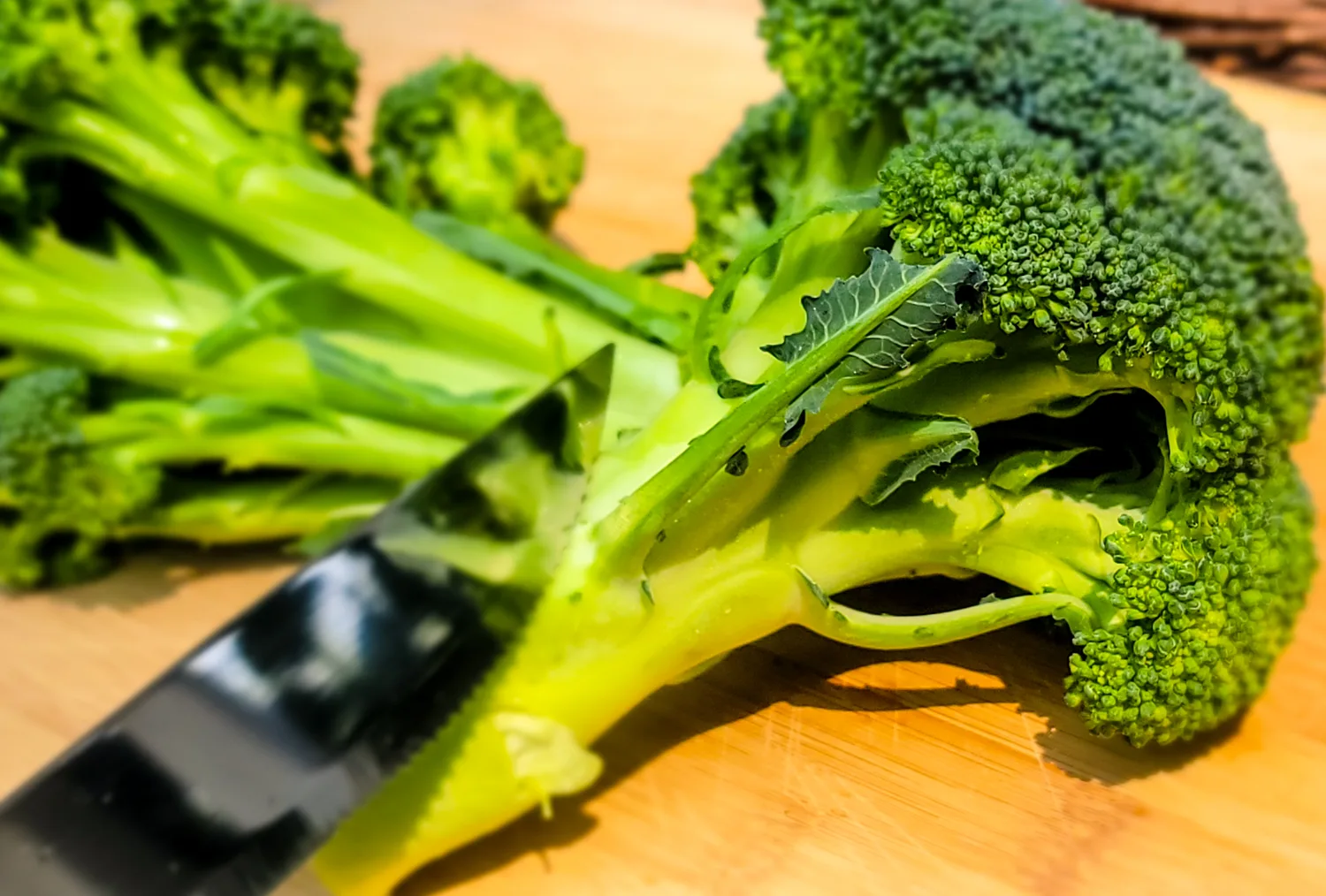
Health Benefits of Broccoli for a Keto Diet
Rich in Nutrients
Broccoli is a powerhouse of vitamins and minerals, essential for maintaining overall health, especially on a restrictive diet like keto.
Supports Digestive Health
The fiber in broccoli aids in digestion and helps prevent constipation, a common issue on the keto diet.
Anti-Inflammatory Properties
Broccoli’s antioxidants reduce inflammation and support immune function, which is beneficial for those on a keto diet.
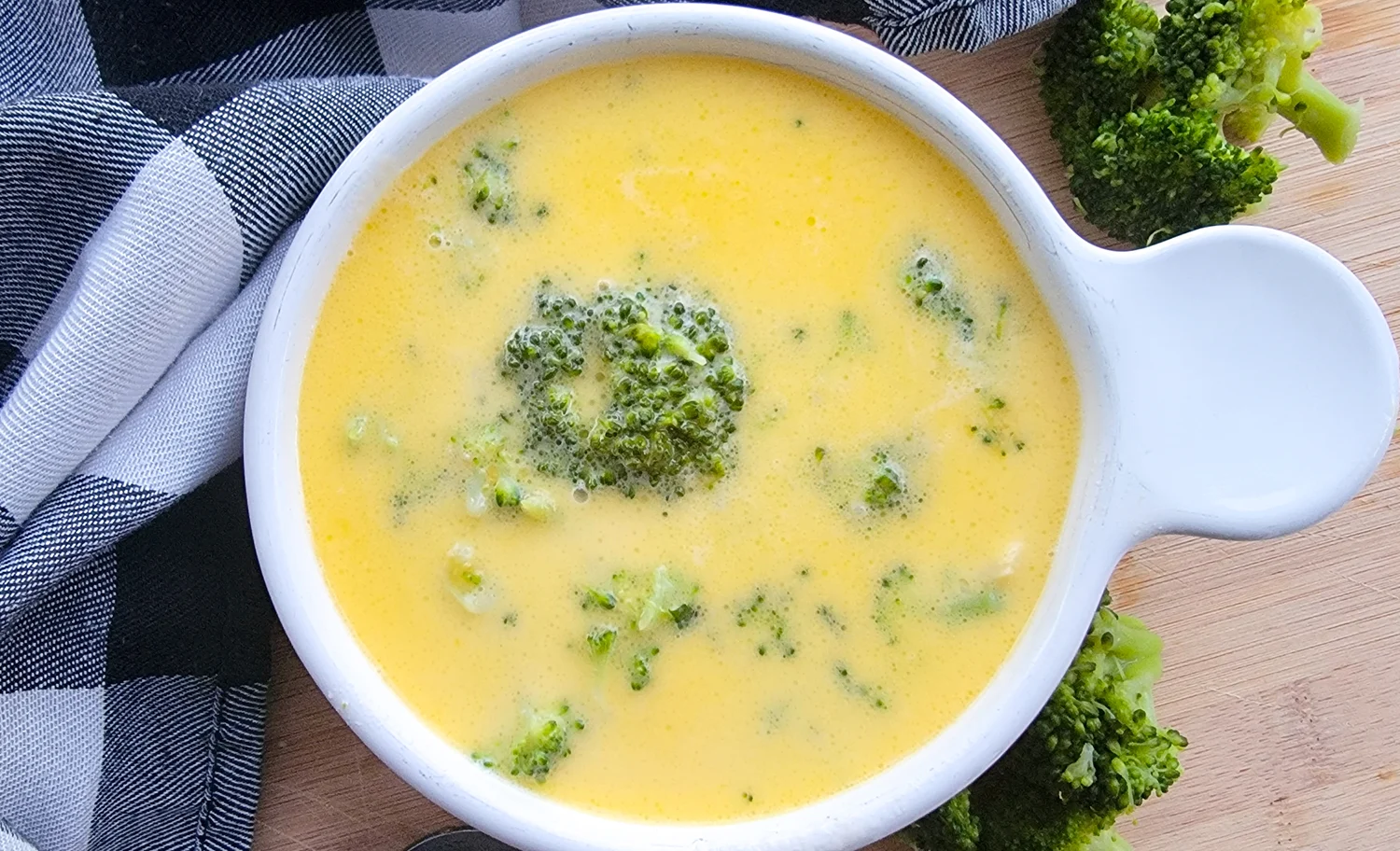
How to Incorporate Broccoli into Your Keto Diet
Keto Broccoli Recipes
- Broccoli and Cheese Casserole
- Ingredients: Broccoli, cheddar cheese, heavy cream, garlic, salt, and pepper.
- Instructions: Mix all ingredients and bake at 375°F for 25 minutes.
- Roasted Broccoli with Olive Oil
- Ingredients: Broccoli, olive oil, salt, and pepper.
- Instructions: Toss broccoli with olive oil, salt, and pepper. Roast at 400°F for 20 minutes.
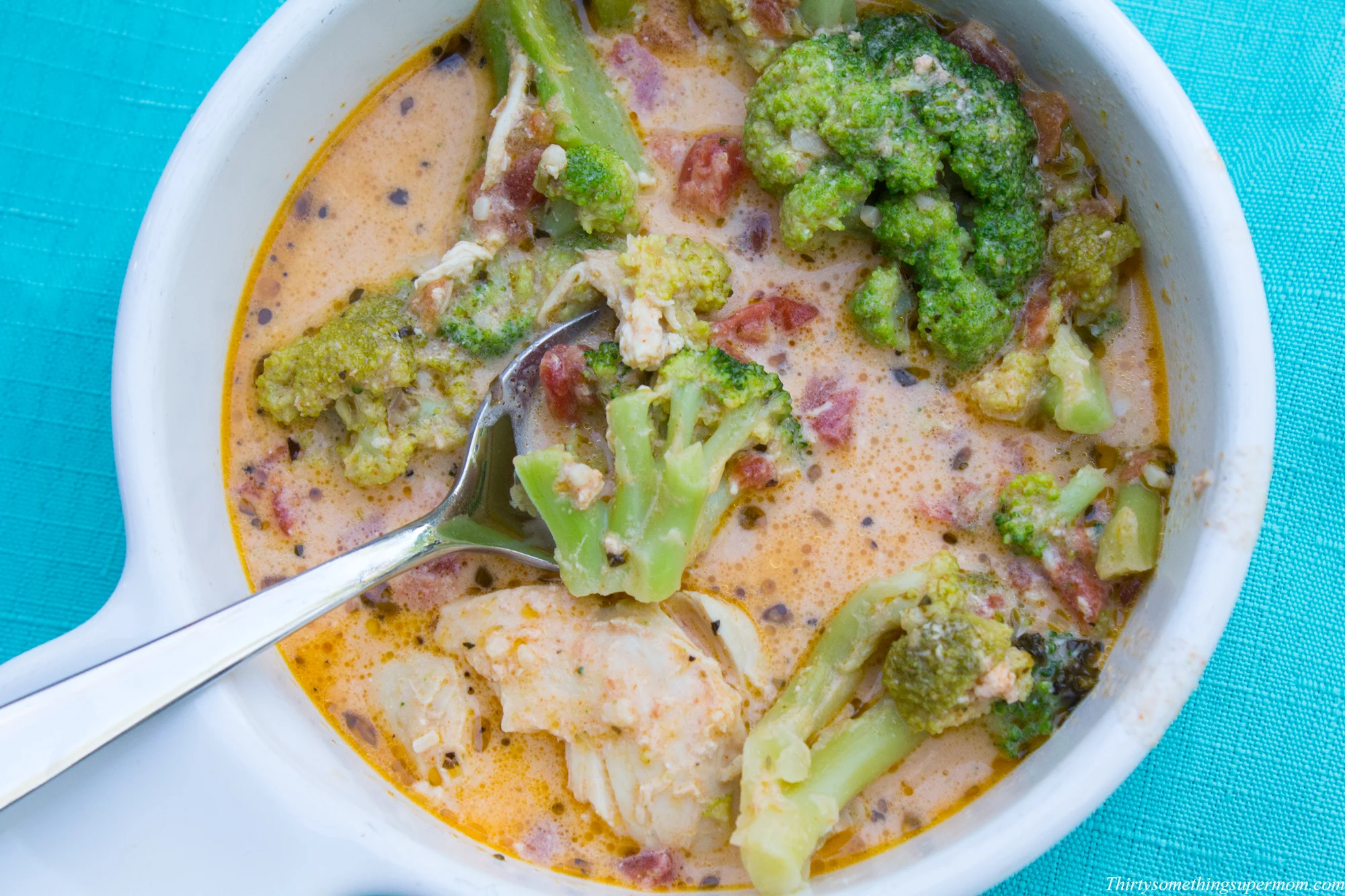
Tips for Adding Broccoli to Your Meals
- Steam or sauté: For a quick side dish.
- Add to salads: For extra crunch and nutrients.
- Blend into soups: For a creamy texture without added carbs.
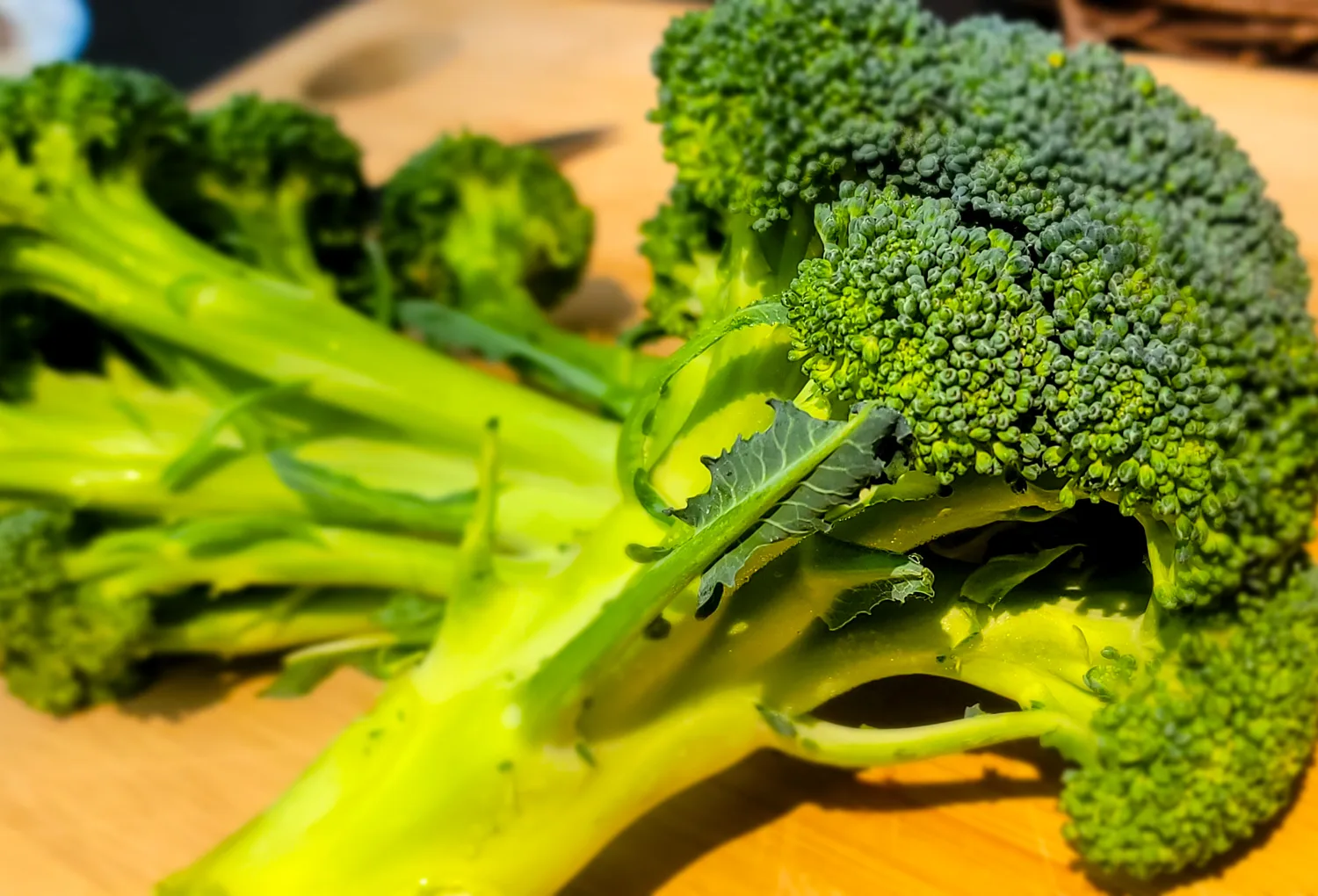
Frequently Asked Questions (FAQs)
You can eat a moderate amount of broccoli on a keto diet due to its low net carb content. One cup of cooked broccoli contains only 3 grams of net carbs, making this cruciferous vegetable a great addition to your daily meals without exceeding your carb limit. Incorporate it into your diet to benefit from its high fiber and nutrient content.
While you should monitor your carb intake on a keto diet, there are several low-carb vegetables that you can enjoy more freely. These include arugula, asparagus, bell peppers, broccoli, Brussels sprouts, cauliflower, kale, mushrooms, spinach, and tomatoes. These vegetables are low in net carbs and high in fiber, making them ideal for maintaining ketosis while providing essential nutrients.
Yes, cucumbers are keto-friendly. They are low in carbs, with just 3.63 grams of carbs per 100 grams. Cucumbers are also rich in vitamin K and other essential nutrients. To further reduce the carb content, you can peel the cucumber before consuming it. Cucumbers make a refreshing addition to salads and other keto meals.
Certain vegetables are high in carbs and should be limited or avoided on a keto diet. These include starchy vegetables like white and sweet potatoes, peas, and corn. Although these vegetables are nutritious, their high carbohydrate content can disrupt ketosis. Instead, opt for lower-carb vegetables to stay within your keto diet’s carb limits.
Broccoli is a keto-friendly vegetable that offers numerous health benefits. Its low net carb content, combined with its rich nutrient profile, makes it a valuable addition to your ketogenic diet. Whether you’re making a casserole, roasting it, or adding it to salads, broccoli can be a delicious and nutritious part of your keto meal plan.
In a one-cup serving size of broccoli, there are approximately 6 grams of carbs. However, it’s important to note that not all of these carbs have the same impact on blood sugar levels. When considering a low-carb diet, it’s often more helpful to focus on the net carbohydrates. Net carbohydrates are calculated by subtracting the grams of fiber from the total carbs since fiber is not fully digested and does not significantly affect blood sugar levels.
Broccoli is a fantastic choice for those seeking low-carb foods, as it contains roughly 3 grams of net carbs per cup cooked. Only 3 g net carbs make it an ideal ingredient for a main dish or a great side dish to accompany other low-carb options. By incorporating broccoli into your meals, you can enjoy its nutritional benefits while consuming fewer carbs.
Related Recipes
For more keto-friendly meal ideas, sign up with your email to get recipes sent straight to your inbox.
- Low Carb Cheesecake Recipe: A delicious sugar-free cheesecake that fits perfectly into a keto diet.
- Keto Slow Cooker Pot Roast: An easy and hearty meal that’s low in carbs and big on flavor.
- Cheesy Fajita Mexican Keto Casserole: A flavorful casserole perfect for a keto-friendly dinner.
- Keto Broccoli Cheese Soup for One: A single portion, perfect for a low carb lunch. Easy to make and perfect for the keto diet.
About Thirty Something Super Mom

My journey started after a Crohn's disease diagnosis, inspiring a commitment to well-being. This site shares my distinctive approach to healthy living with my collection of nutritious recipes that boast authentic flavors, mimicking the indulgence of traditional dishes. I love sharing guilt free recipes for low carb, keto, gluten-free, paleo, and the specific carbohydrate diet. I also share tips on natural living, including homemade cleaners and cleaning hacks. I also share my experience as a veterinary technician and pet groomer, to integrate pet health tips, homemade dog food recipes, and grooming insights to ensure your pets thrive.
